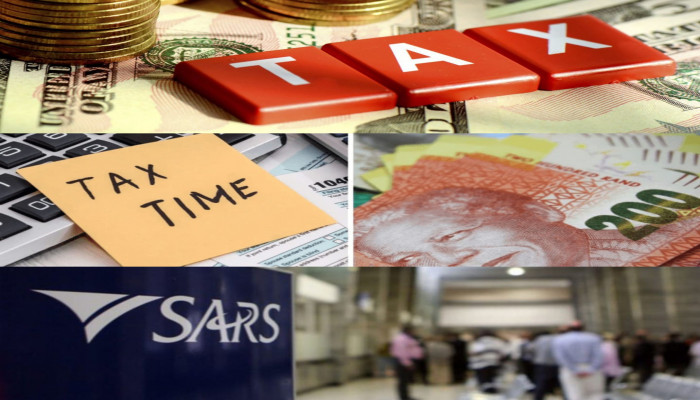South Africa loses billions in tax revenue as wealthy individuals relocate
- In Reports
- 09:30 PM, Jan 06, 2025
- Myind Staff
South Africa has recorded a significant tax income loss as thousands of highly wealthy taxpayers changed their residency status. South Africa has reported a revenue loss of R3 billion (about $160 million) when around 38,000 affluent taxpayers abandon their tax residence by 2024. This mass exodus of high-net-worth individuals (HNWIs) has cost the country billions in tax revenue, intensifying concerns about the nation’s economic and fiscal stability.
According to BusinessTech SA, these people reported their non-resident status, substantially influencing the South African Revenue Service's (SARS) capacity to collect income, compounding the country's budgetary woes. Wealthy individuals, particularly those categorised as super-rich, play a crucial role in South Africa's tax system, contributing significantly to income tax collections. Their departure has led to a noticeable gap in revenue, complicating the government’s efforts to fund public services and reduce the budget deficit.
Data from the 2024 annual tax statistics show that people who revealed their non-residency status contributed to decreased SARS tax revenues. A comprehensive study of their taxable income and tax liabilities over the last decade demonstrates that this migratory pattern has resulted in significant financial loss.
Despite a noticeable decrease in South Africans leaving the nation in 2024 compared to the previous year, the trend of wealthy individuals fleeing continues to burden South Africa's tax base. According to the Organisation for Economic Cooperation and Development (OECD), South Africa's tax-to-GDP (gross domestic product) ratio was 27.1% in 2022, considerably more remarkable than the average of 16% for 36 African nations.
The proportion figure is 11.1 percentage points higher than the average for the region, which increased from 14.9% in 2013 to 16.0% in 2022. In the same time frame, South Africa's tax-to-GDP ratio rose from 24.8 to 27.1%, the highest level since 2000.
Value-added taxes, corporate income and personal income are the primary sources of income for South Africa, which highlights the significant financial impact of these moves. As more and more highly wealthy people leave the nation, sustaining tax collection levels is becoming more challenging.
The South African government is under increasing pressure to implement policies that restore confidence among high-net-worth individuals. This includes addressing governance issues, improving public safety, and fostering a more investment-friendly environment.







Comments